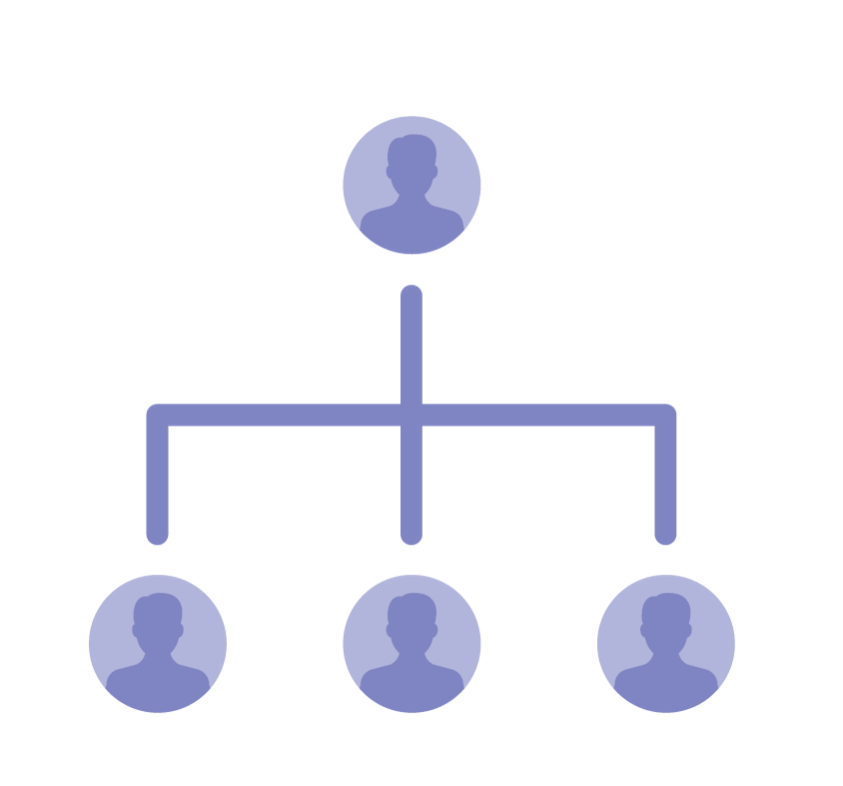Recruitment is easy
Optimising the talent function: our approach to building exceptional teams
Most of us will admit that recruitment is actually far from easy, so the question we should be asking is ‘do we consistently maximise our chances of success?’
To build exceptional teams, we recognise that recruitment demands a high-quality, consistent, proven, objective and measurable approach.
For our new ‘Talking Talent’ series, Graham Butler discusses the key aspects of our approach to people and talent to ensure the answer to the above challenge/question is always yes.
The three essential elements of high-performing businesses
Let’s be clear – we believe that achieving excellence in talent management goes beyond just recruitment.
Whilst it inevitably plays a pivotal role, our journey towards building exceptional teams encompasses a far broader perspective.
To support our teams effectively, our internal talent function has distilled their approach into three core support elements:

Redefining value in talent management
Someone once told me:
‘If you can achieve three successful hires out of every five throughout your career, you would rank among the top performers in global recruitment.’
While this statement wasn’t a reference to a formal ‘recruitment league table” (if one even exists), it serves as a useful anecdotal benchmark.
However, three out of five hires, a success rate of 60%, is not an impressive statistic.
Let’s consider the significant improvements we could achieve by aiming for a success rate of 70% or even 80%.
While having an extensive network of contacts is undeniably advantageous, claiming to ‘know great people’ is only a fraction of what constitutes a successful and supportive talent function and only goes so far when recruiting great people.
The true value lies in adopting a measurable, proactive, objective, and supportive approach to talent management. Simply relying on the notion of having a great network falls very short.
‘We have a network of great people’
‘Great at what?’ is the question I always find myself asking.
 The power of organisational design (OD)
The power of organisational design (OD)
Let’s address a common misconception surrounding OD, a subject which often strikes fear into the hearts of founders and entrepreneurs, and clarify what OD is not.
OD can be very complex. In some organisations, OD can involve intricate, time-consuming processes resembling a human chessboard, shifting responsibilities and accountabilities piece by piece.
This approach never aligns with the fast-paced, high-growth environments we encounter. Some of the pieces don’t exist and neither do the squares on the board!
We aim to make the complex simple: often we need to focus on doing new things or the same things in different ways to foster growth.
OD therefore becomes an answer to the question of what we are building and why. We help to define the pieces AND the squares on the board.
 Leveraging collective experience
Leveraging collective experience
We harness our combined expertise gained from more than 500 investments as a collective to offer valuable and impartial support to our teams. By exchanging knowledge and facilitating access to others who have encountered or are facing similar situations, our emphasis lies in sharing and replicating effective strategies and lessons learned.
Personally, I have a strong aversion to generalisations based on averages. Each individual and every circumstance is unique – there is no ‘average’ person or situation.
If success isn’t found in averages, it can be found in drawing upon collective experience to identify patterns, gather pertinent data points, and apply them to the present context.
I twitch when I see examples such as stating that ‘on average, the highest-performing businesses hire XX between month X and Y’ or ‘successful businesses have XX number of people in customer success at XX annual recurring revenue (ARR).’
Averages fail to capture the nuances of individual circumstances, rendering them largely meaningless.
‘Average’, simply put, doesn’t exist in terms of people and context is key.
Defining your talent function
Here we’ve begun to touch on the constituent parts of a supportive and efficient talent function.
A clear and consistent approach has proven to be effective, leveraging collective experience of all stakeholders, from founders through to investors.
At Gresham House Ventures, we try to reduce complexity and add objectivity into a challenging and often emotive topic, and it all starts with one question:
‘What are we trying to build?’.

Graham Butler
Head of Talent




